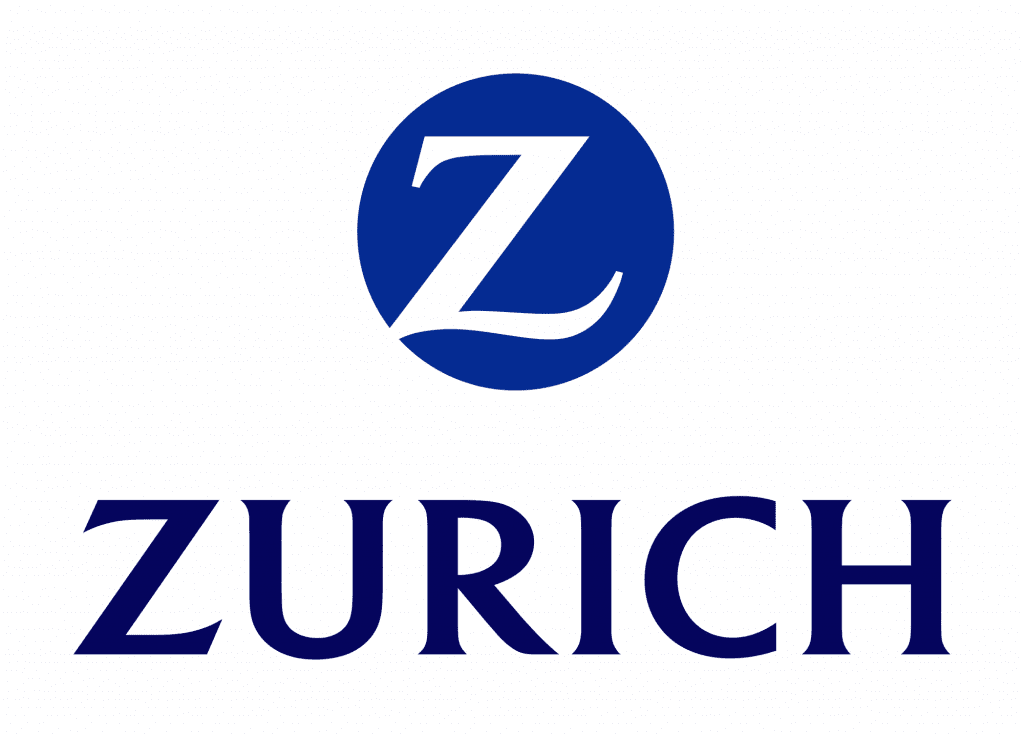Zurich could not renew cat agg reinsurance if market too challenging: CFO Quinn

Giving a signal as to how the very large carriers of the world may choose to navigate a harder reinsurance renewal environment, George Quinn, the CFO of Zurich, explained that the company could elect to not renew its catastrophe aggregate treaty if the price was too high.
In reporting its third-quarter and nine month results this morning, the European headquartered re/insurer said that hurricane Ian was estimated to cause a US $550 million net impact to the company.
However, Zurich’s most recent reinsurance program renewal saw its occurrence US catastrophe treaty attachment left at $650 million, so hurricane Ian has fallen short of that.
George Quinn, CFO, explained during an analyst call today, “We estimate the net impact of Hurricane Ian at US $550 million on a pre-tax basis. This is an exposure based figure and this sits a bit below our reinsurance attachment point.”
When asked how Zurich intends to respond to the perceived trends of higher frequency and severity of catastrophe losses around the world, Quinn said there could be some reduction in exposures.
“Possible pruning of the cat portfolio to try and resist some of the increased frequency and severity. We’re likely to push this harder, but I don’t see us doing anything particularly dramatic,” he explained.
Analysts then asked Quinn about reinsurance market conditions and how Zurich could be affected by a hardening market, to which he suggested Zurich is well-positioned, in not needing to rely on reinsurance as much as smaller carriers.
On the fact that reinsurers are likely to charge more at the renewals, Quinn said this is, “Probably a net positive rather than a net negative.”
“The reinsurance market is certainly a bit harder than it’s been for some time, but it still feels pretty orderly to me,” Quinn explained.
Adding that Zurich has a “Preference to keep the reinsurance towers as is, as it keeps things predictable, but let’s see how the renewal plays out.”
Stressing that, “We’re not particularly dependent on reinsurance and I think it helps the overall market if reinsurers are providing capital at a higher price and it might help the industry to keep disciplined as well.”
Another analyst asked Quinn whether the fact Zurich won’t make any reinsurance recoveries for losses from hurricane Ian might actually position the insurer better than competitors that do.
“The $550 million loss doesn’t hit the $650 million retention limit that we have,” he said. “Will that help me at renewals? It’s hard to say.”
But he acknowledged that if the reinsurance market hardens considerably, Zurich is likely to play to its strengths and the fact that it can retain more risk, and doesn’t rely so much on reinsurance may go in its favour.
As an example, Quinn said that the company could look to not renew its catastrophe aggregate reinsurance treaty, which he said is not essential to the firm as it can retain more volatility if it had to and the cost of coverage was deemed too high.
He said that if reinsurance market conditions are too challenging, or pricing too high, Zurich could opt to non-renew the aggregate cover, as it’s not considered so material to the company.
Zurich’s annual aggregate catastrophe reinsurance cover attaches at $900 million of qualifying losses to the company, a deductible that will now certainly be eroded to a degree, thanks to Ian and other events.
Which may be telling, that in a hardening reinsurance market less limit may be purchased, which could help to balance out a little of the supply-demand equation, but certainly won’t be enough to stop the hardening.






